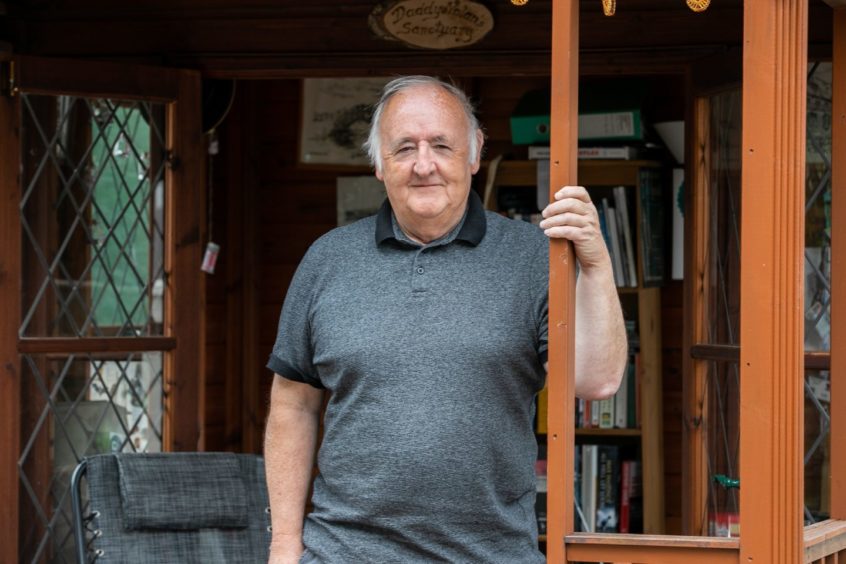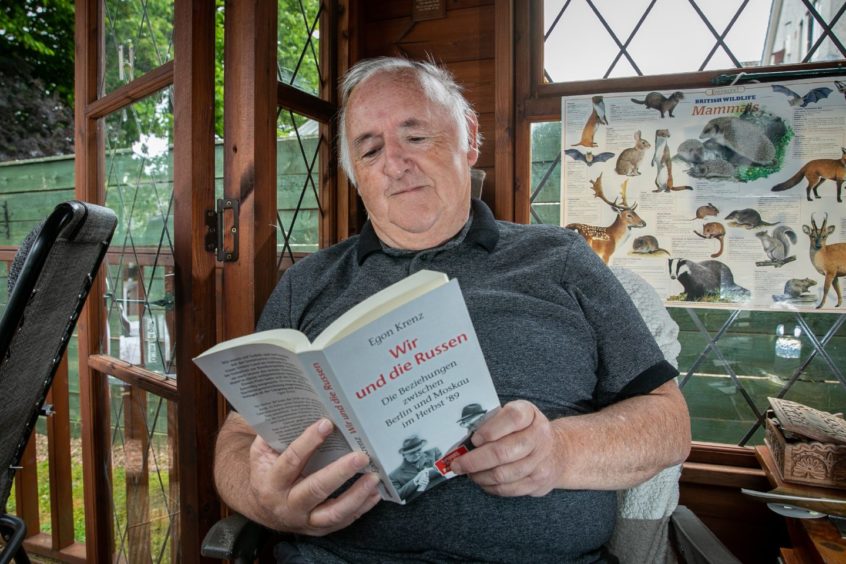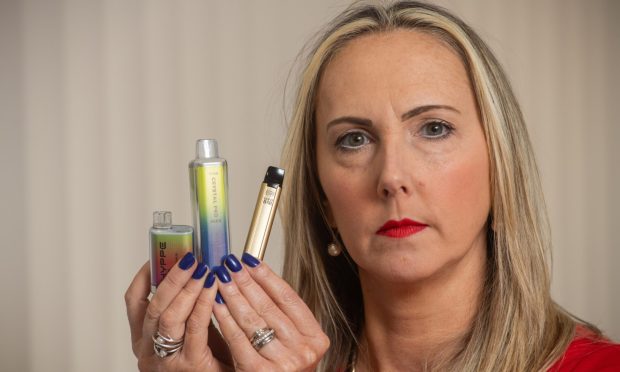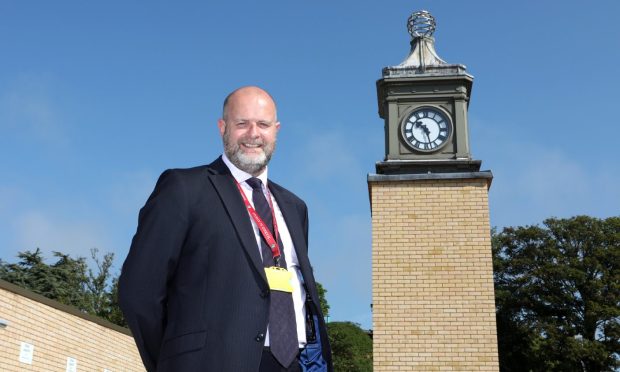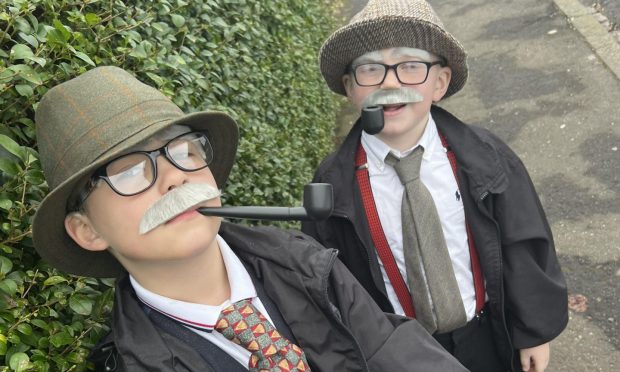From the introduction of decimalisation to the withdrawal of free school milk by Margaret Thatcher, 1971 had some memorable events.
But for John Nolan, it marked the beginning of a teaching career that would eventually span more than half a century.
The 71-year-old is one of only three teachers in Scotland who have been continuously teaching since then.
And with another school year behind him, the Dunfermline resident has no plans to retire just yet.
St Columba’s High School
The majority of John’s career has been spent at St Columba’s High School in Dunfermline, where he was the principal teacher of German between 1972 and 2007.
It was here that John reinforced his passion for using drama as a tool to help pupils learn languages.
He said: “In 1977 I entered a group of pupils from St Columba’s to the Edinburgh University German drama competition and we won.
“We then went back the following year and won again!
“That confirmed to me how effective drama can be in learning a foreign language; all of the pupils became incredibly engaged.”
Such was his passion for the German language – and the use of drama to help pupils in learning it, John began an annual German evening for the school community.
This ran for more than a decade and saw the pupils put on a show, often a German version of a classic fairytale, as well celebrating the country’s culture.
John said: “For 15 years we had this annual evening for parents and friends and I was determined to make the whole thing as authentic as possible.
“I have taught German all over the UK, from Orkney to Essex.”
John Nolan
“In the interval we had German food and coffee and we had the pupils design the tickets in German, as were the programmes for the night.
“The idea was to persuade people that this was a real living language for communicating, not just some jigsaw they had to learn.”
It’s perhaps his own experience of learning German, a language he started in his third year at St Andrew’s High School in Kirkcaldy, that’s shaped his own approach to teaching.
John added: “I had a teacher that enthused me and we were reading authentic German short stories by the end of fifth year.
“I enjoyed the whole thing really, the reading and the speaking. I then went off to university and enjoyed it even more!”
International recognition
After leaving St Columba’s High School in 2007, John opted to become a freelance teacher; an opportunity which saw him teach across the UK.
He said: “The past 14 years have been an incredibly rewarding experience.
“I have taught German all over the UK, from Orkney to Essex. I taught for about three years in England and was teaching A Level and GCSE German.”
He eventually returned to Scotland and since 2013 has taught German and French part time at Dundee High School – in addition to producing more German plays.
His work at the Dundee school has even been recognised by the Goethe-Institut, the German government’s cultural institute which promotes the study of German abroad.
John said: “The London Goethe Institut took an interest in this and put a video of one the performances on their website as an example of the effective use of drama in German teaching.
“I was quite proud of that.”
SQA research
In addition to his teaching, John also spent 35 years working for the SQA as an examiner and marker for German exams.
And the past three years, he has carried out academic research into SQA modern languages assessments; something which has led him to believe that current modern languages assessment are “not fit for purpose”.
He said: “I looked at 60 years of SQA German assessments for a historical comparison and I did a comparison of today’s SQA assessments and the English A Level.
“The basic problem now is that a lot of children get the highest grades but don’t have the competencies you would assume they should have.
“So the SQA is giving As but then kids step off the plane in Berlin or Hamburg and within five minutes they realise the gulf between one’s ability to speak English and German.”
Despite his concerns, however, John has no plans to retire and is already gearing up for another year in the classroom come August.
He added: “I’ve had a wonderful career and great highlights.”
